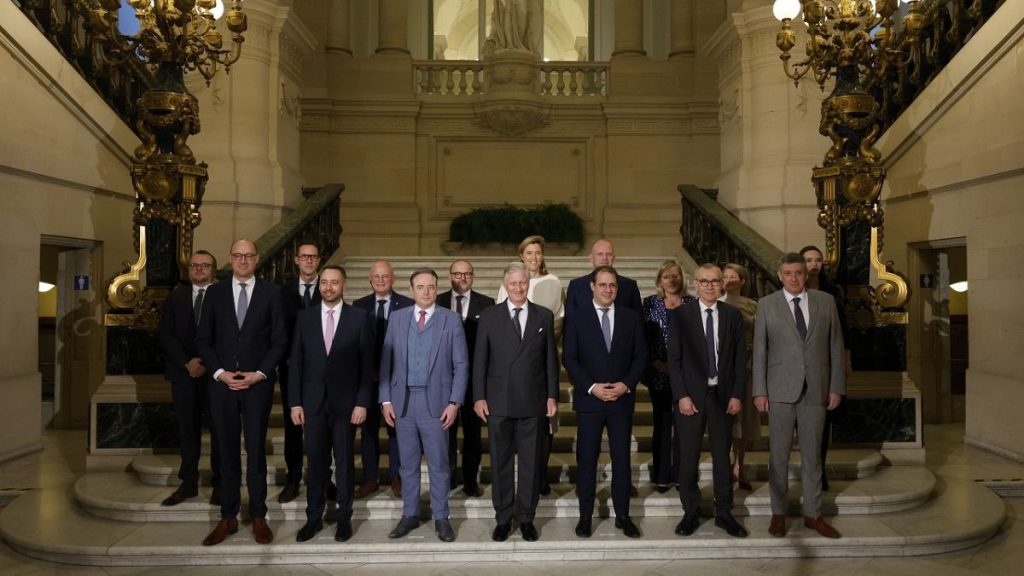Belgium’s newly formed government, under Prime Minister Bart De Wever of the N-VA, has outlined a comprehensive digital strategy encompassing artificial intelligence, telecommunications, and cybersecurity. Vanessa Matz, the first federal minister dedicated to digitalization, AI, and privacy, will spearhead these initiatives. Her portfolio includes not only the digital realm but also oversight of public companies and the civil service, underscoring the government’s commitment to integrating technology across various sectors. This ambitious plan arises from a coalition agreement between the N-VA, CD&V, Vooruit, and the Reformist Movement, demonstrating a cross-party consensus on the importance of digital advancement.
A key focus of the government’s strategy lies in leveraging AI for law enforcement purposes. Specifically, the plan proposes utilizing facial recognition technology for identifying convicts and suspects, operating within the legal framework established by the EU’s AI Act. This Act generally prohibits high-risk AI systems like facial recognition but allows for exceptions in specific law enforcement contexts. The government also intends to expand camera surveillance legislation to accommodate the increased use of smart cameras, further enhancing security measures. This approach seeks to balance the potential benefits of AI in crime prevention with the need to safeguard individual privacy and civil liberties.
Beyond security, the government recognizes the growing threat of disinformation and its potential to erode public trust in institutions and media. The plan outlines a multi-pronged approach to combat this “hybrid threat,” including public awareness campaigns, enhanced collaboration with government agencies, tech companies, and media organizations, and legislative initiatives to increase online platform transparency and accountability. This strategy acknowledges the complex nature of disinformation and the need for a coordinated response involving various stakeholders. The government also aims to foster international cooperation in tackling disinformation, recognizing that this challenge transcends national borders.
Another crucial aspect of the digital strategy involves upgrading Belgium’s telecommunications infrastructure. The government aims to provide universal access to ultra-fast internet by 2030, necessitating significant investments in digital infrastructure. A long-term strategy is being developed in collaboration with the telecom sector and regional authorities to address future connectivity needs and identify existing weaknesses. This includes preparatory work for the potential rollout of 6G technology, accompanied by a comprehensive public information campaign. This forward-looking approach aims to position Belgium as a leader in next-generation connectivity.
The government’s plan acknowledges the forthcoming European Commission’s Digital Networks Act (DNA), which is expected to reshape the bloc’s telecom regulations. By proactively developing its own strategy, Belgium aims to align its efforts with the broader European digital landscape and contribute to shaping the future of digital connectivity within the EU. This demonstrates a commitment to collaborating with European partners while also tailoring solutions to specific national needs.
In summary, Belgium’s digital strategy represents a comprehensive approach to harnessing the potential of AI, strengthening cybersecurity, and modernizing telecommunications infrastructure. The government’s focus on balancing innovation with ethical considerations, engaging with various stakeholders, and anticipating future technological developments positions Belgium to navigate the evolving digital landscape effectively. This multifaceted approach aims to enhance security, combat disinformation, and empower citizens with access to cutting-edge technology. The strategy also underscores the importance of international cooperation and alignment with European initiatives in addressing shared digital challenges.














